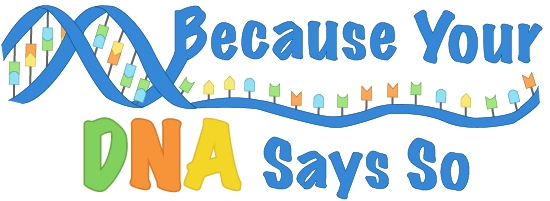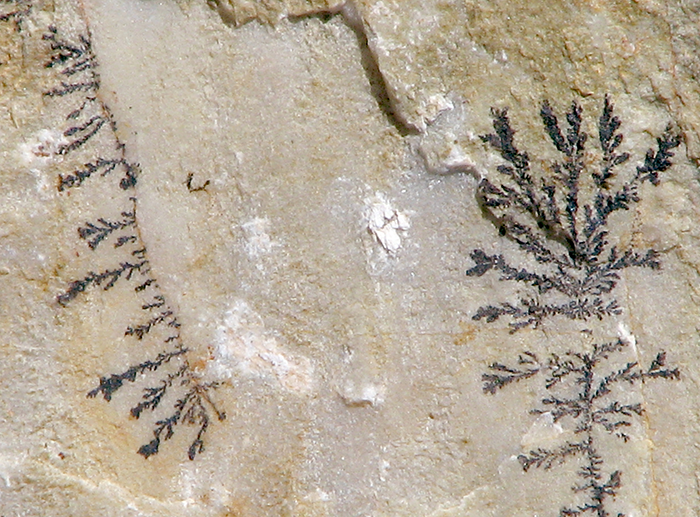
Sequencing yourself
If you've seen a picture of a Neanderthal, you may have been pretty happy that you don't look like it. But you may actually have some Neanderthal genes. What other things may be hiding in your genetic code? Perhaps it's lactose intolerance. You can discover some of these secrets if you sequence your DNA. When DNA sequencing first began, it cost billions of dollars to sequence a genome. Now, it’s closer to a couple thousand dollars, and there are several ways to get some of your genetic code sequenced for even less.
 Personalized genomics, or having some or all of your DNA sequenced, is easy these days. The results you get back can be very exciting. Your genetics provide information about your ancestry or where your family came from. They can also reveal aspects about your traits – your hair color, skin color, ability to digest milk, etc. These bits of information can be fun to learn.
Personalized genomics, or having some or all of your DNA sequenced, is easy these days. The results you get back can be very exciting. Your genetics provide information about your ancestry or where your family came from. They can also reveal aspects about your traits – your hair color, skin color, ability to digest milk, etc. These bits of information can be fun to learn.
However, some findings may not be as good. You may find out that you have a disease. Or maybe your family history is not what you thought it was. There are several ethical implications that need to be considered before jumping into the field of personalized genomics.
One of the most important things to think about is who should have access to your DNA sequence. Should you have full ownership? Might you want to show it to your doctor? Should insurance companies be able to know if your genes show you are more susceptible to a disease? What about the police? DNA is becoming more important during crime scene investigations. Should the police be allowed to have DNA just from criminals or from everyone?
Personalized genomics is becoming cheap and easy. However, the ethics are still under debate. Just something you might think about before deciding to get your DNA sequenced.
Be Part of
Ask An Anthropologist
By volunteering, or simply sending us feedback on the site. Scientists, teachers, writers, illustrators, and translators are all important to the program. If you are interested in helping with the website we have a volunteers page to get the process started.

